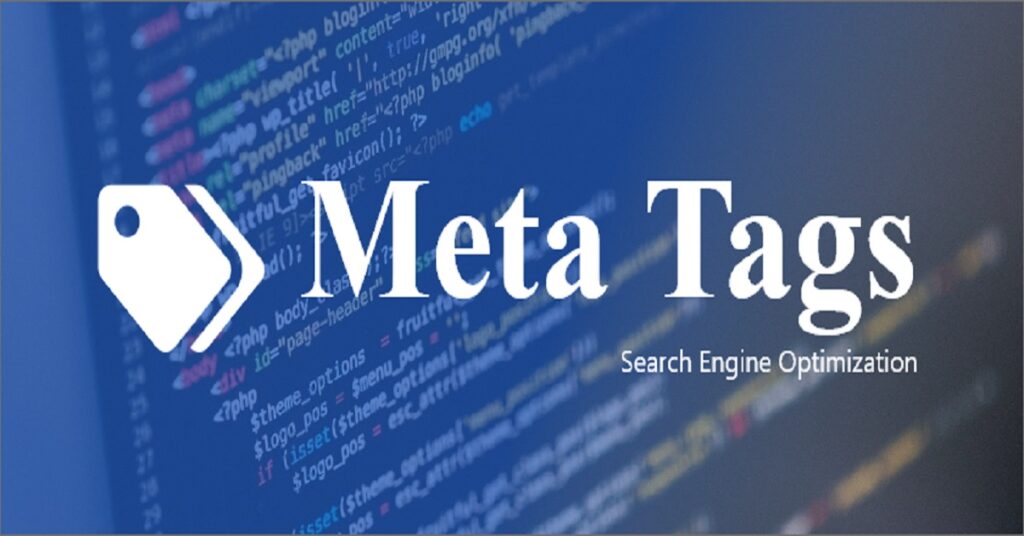Free Meta Tags Extractor
A free meta tag extractor to quickly extract meta tags from web pages is LUNC Trading’s meta tag extractor. Simply enter any website’s URL into the Meta Tags Extractor’s input box, check the “I am not a robot” box, and then click “Extract.” You will soon see a table containing information about the URL, title, meta descriptions, and meta keywords.

Free Meta Tags Extractor
Meta Tags Extracting Tool is a free online Meta Tags Extracting Tool that allows you to extract Meta Tags.
Meta tags are HTML code snippets embedded in the source code of a website that define the title, description, keywords, and other metadata of the site. They are used by search engines to categorize and rank websites. Meta tags are one of the most important elements of the SEO (search engine optimization) process.
Meta tags are used by search engines to help determine what a webpage is about. Meta tags are typically placed in the <head> section of a webpage, and are hidden from the user. However, search engines will use meta tags to index webpages, which can help determine how relevant a webpage will be for a particular search term. Meta tags have become less important in recent years with the rise of social media, but they still have an important place in SEO strategies today.
Meta Tags
Intriguingly, visitors to your site cannot see the words that are hidden in your code as meta tags. They are there to help search engines understand in plain language what the webpage is about and what the keywords are. Numerous things are done with the data in meta tags, such as determining what appears in Google search results or the title of the browser tab. Meta tags are a small piece of the larger algorithmic puzzle that search engines like Bing, Yahoo, and Google use to decide which results are most relevant to your query.
What are the Meta Tags
Headers for HTML pages often use meta tags, which list the page’s description and keywords. Information in the head section of your web pages, aside from the title tag, is not visible to browsers when viewing your pages. These are used to give search engines the data they need, allowing your site to be catalogued and making it simple for users to find it when they search for related websites. Here are a few typical meta tags.
Although title is not a true meta tag, it is still important to take into account in this context.
- Description in Meta
- identifying words
- Inverse Robots
- Everything Else is Meta
Title Tag
Although it is not a meta tag per se, the title text that appears in search engine listings is the most crucial element because it contains data that is helpful for SEO. It establishes where your website will appear in search results. The page must be briefly described, and it is in the header. Title tags have the distinction of being the only meta tag that is visible to both crawlers and users.
Keyword Tags
All of your website’s keywords should be included in the tag so that the search engine is aware of the phrases that will help your page rank highly. The keyword tag, once a search engine favorite, became less significant when spammers began abusing it.
Meta Description
The meta description, when combined with the title tag, gives searchers a succinct and pertinent summary of the page as they scroll through the SERPs. Although it has no bearing on ranking, the message that the copy conveys determines whether or not users will click on the results. For the sake of the search engine, keep it to less than 160 characters, and make it appealing. But occasionally, rather than your descriptions, the search engines use snippets from the actual text.
Check also
- FreeLink Analysis
- Free Backlink Checker
- Keyword Research Tool
- Sitemap Submitter
- Website Speed Test Free Tool



